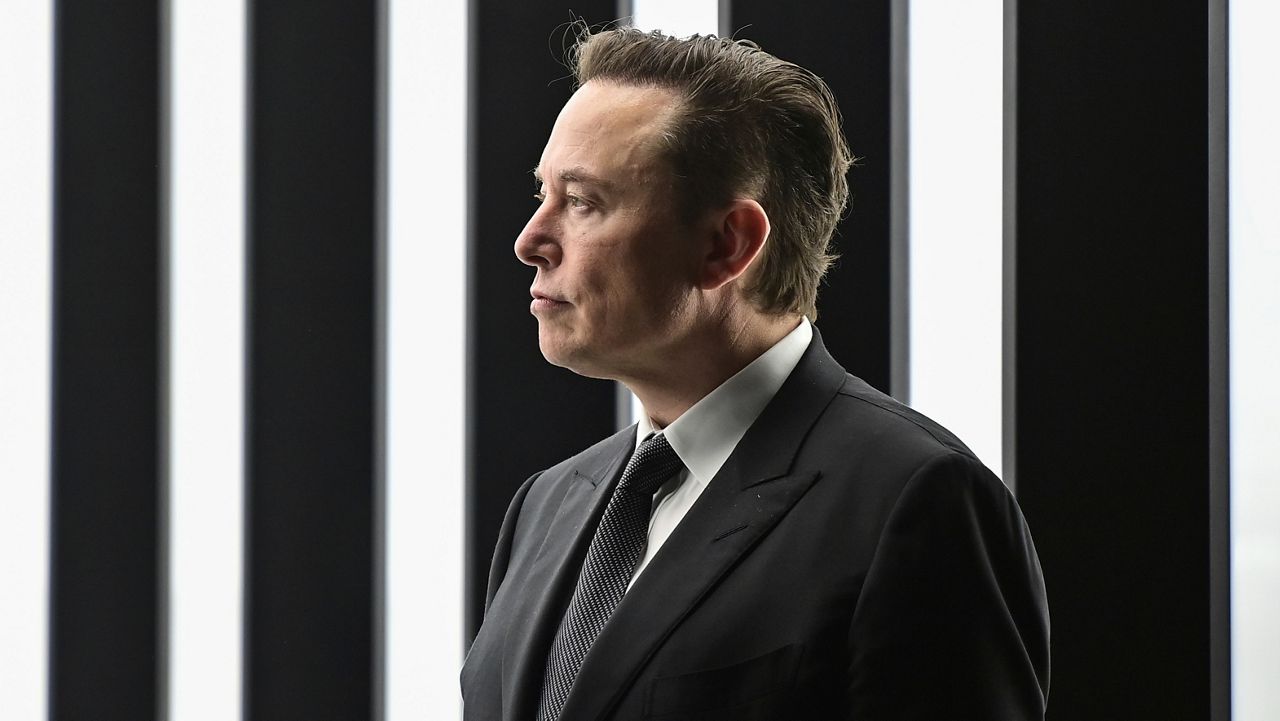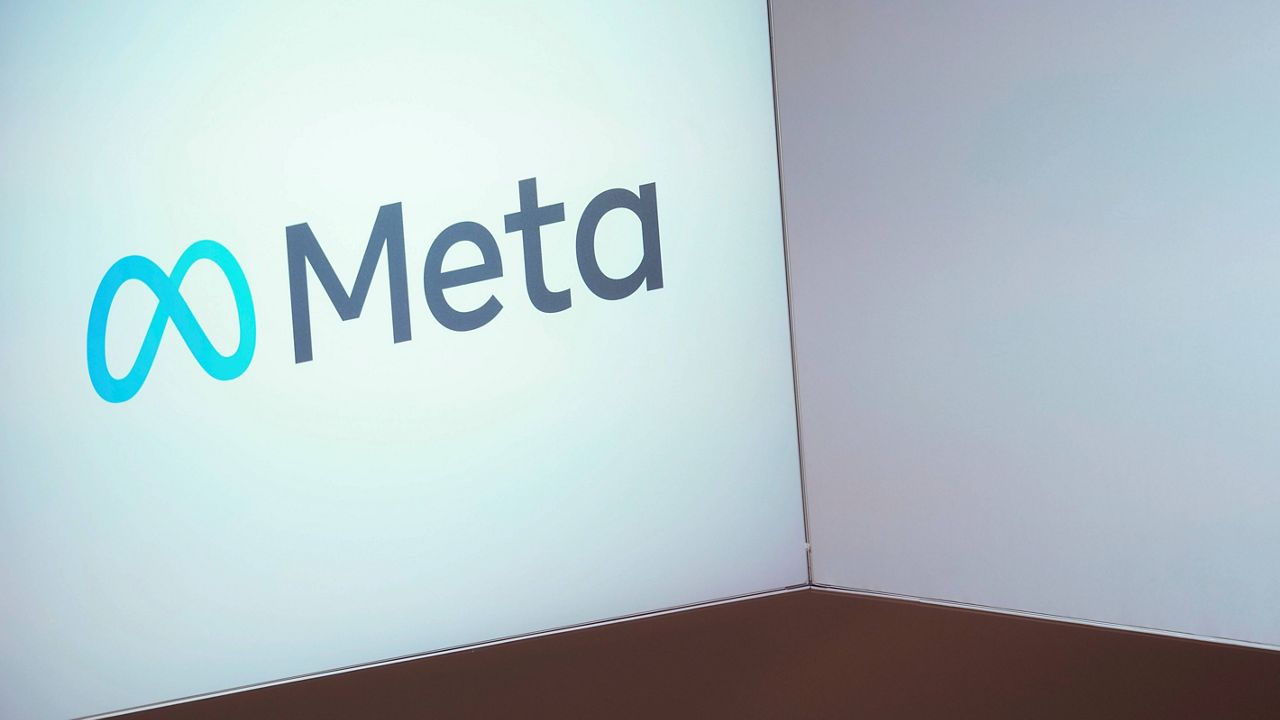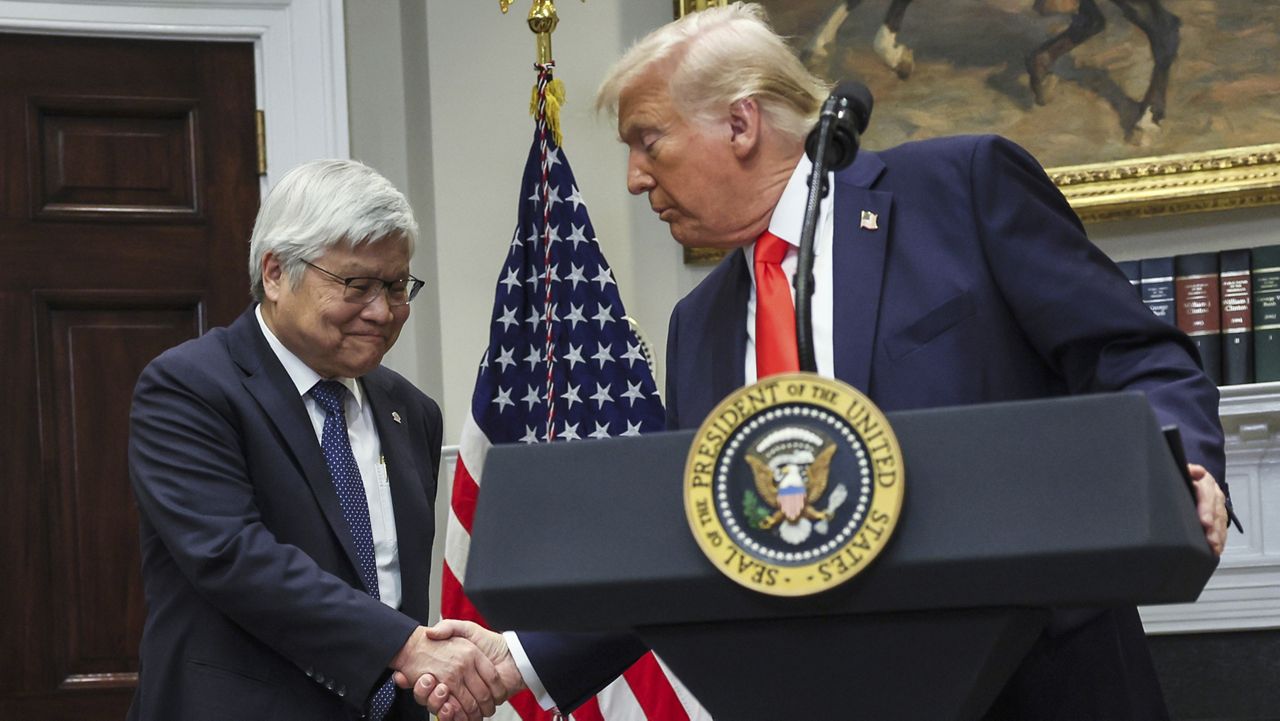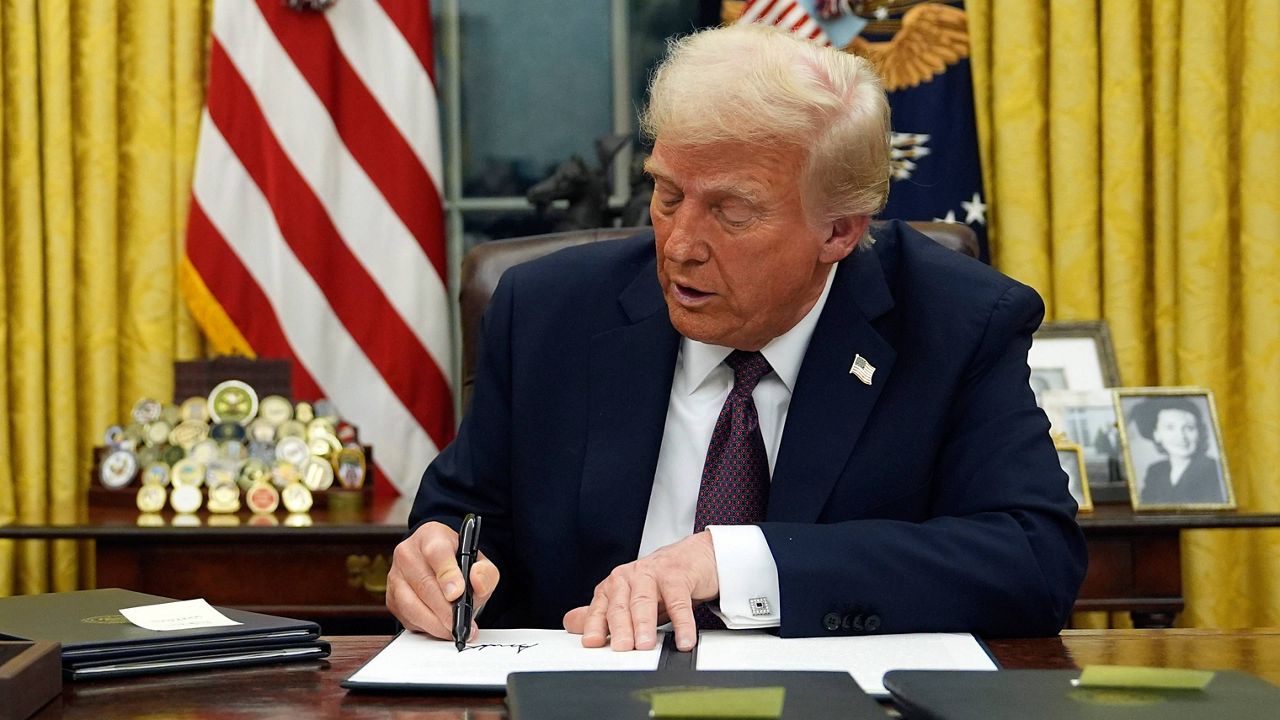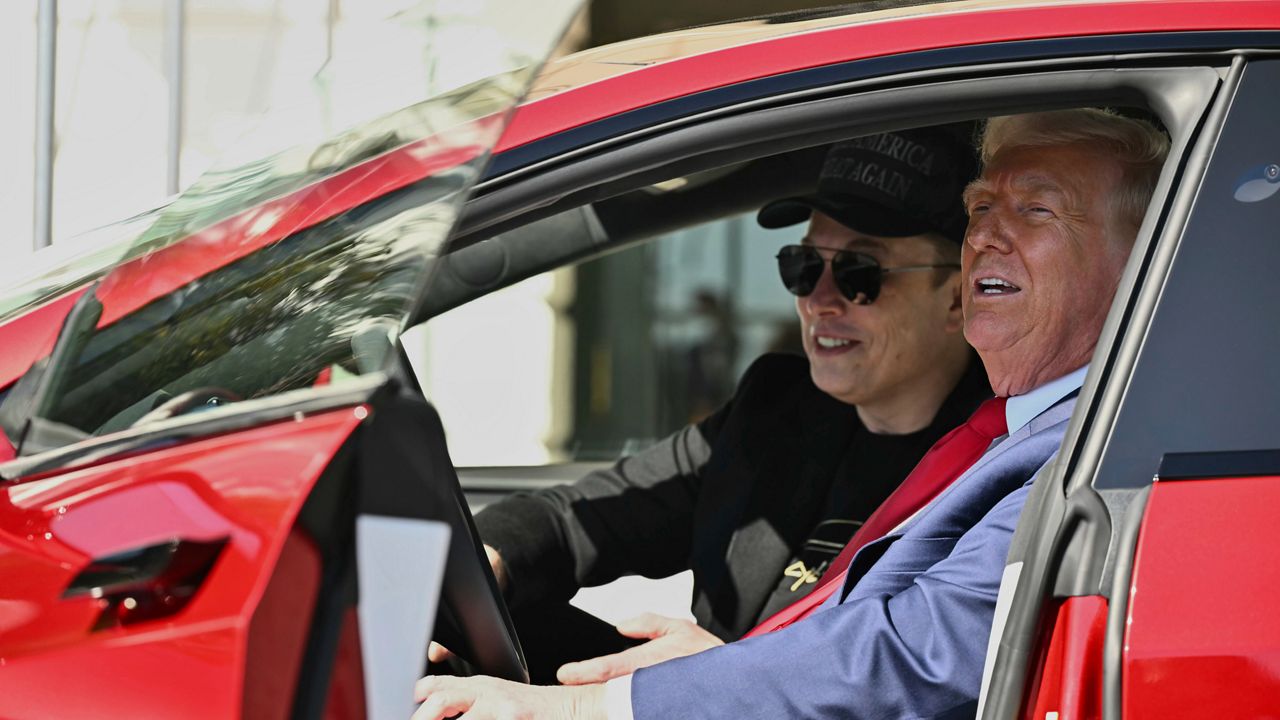One of the world’s richest men, Elon Musk, said he was considering the Anti-Defamation League, a Jewish nonprofit that advocates for civil rights and combats antisemitism, for billions of dollars, baselessly accusing the organization of being the “biggest generators of anti-Semitism on” his social media platform X, formerly known as Twitter.
What You Need To Know
- Elon Musk said he was considering suing the Anti-Defamation League, a Jewish nonprofit that advocates for civil rights and combats antisemitism, accusing the organization of being the “biggest generators of anti-Semitism on” his social media platform X
- Musk claimed the ADL destroyed “half the value” of X, or “roughly $22 billion,” later adding “I don’t see any scenario where they’re responsible for less than 10% of the value destruction, so ~$4 billion”
- The ADL said they do not comment on legal threats, but a spokesperson condemned the social media campaign against their organization
- The Center for Countering Digital Hate has published a series of studies that found hate speech has increased since Elon Musk purchased the platform last year; Musk's X Corp sued the hate speech watchdog for $10 million, accusing it of “actively working to assert false and misleading claims encouraging advertisers to pause investment on the platform
“Since the acquisition, The @ADL has been trying to kill this platform by falsely accusing it & me of being anti-Semitic,” Musk wrote on Monday.
“Our US advertising revenue is still down 60%, primarily due to pressure on advertisers by @ADL (that’s what advertisers tell us), so they almost succeeded in killing X/Twitter!” Musk continued, before adding: “If this continues, we will have no choice but to file a defamation suit against, ironically, the ‘Anti-Defamation’ League.”
Musk claimed the ADL destroyed “half the value” of X, or “roughly $22 billion,” later adding “I don’t see any scenario where they’re responsible for less than 10% of the value destruction, so ~$4 billion.”
"To be super clear, I’m pro free speech, but against anti-Semitism of any kind," Musk wrote in a separate post.
He posted dozens of times about the ADL on Monday on the platform and continued to do so on Tuesday.
In response to Musk unbanning thousands of accounts and loosening X’s rules on hate speech and bigotry, the ADL joined a coalition with the NAACP and other civil rights organizations that called for advertiser boycotts last year. But since then, the ADL has actually begun advertising itself, telling the Jewish news outlet the Forward in August that they needed to be able to reach people in an environment where extremists and antisemites operate freely.
Musk also said on Monday that the lawsuit may take until next week to be filed because his company was short-staffed. And he openly considered publicly publishing all of the ADL’s communications with X before and after he took control.
When emailed for comment, X replied with an automatic reply stating “we'll get back to you soon.” Musk has reportedly slashed the communications department after taking over the company; it's unclear if a new department has since been established.
In a statement, ADL CEO Jonathan Greenblatt called Musk's actions "flat out dangerous and deeply irresponsible," calling the lawsuit frivolous and urging "responsible leaders to lead, to stop inflaming hatred and to step back from the brink before it's too late.”
“It is profoundly disturbing that Elon Musk spent the weekend engaging with a highly toxic, antisemitic campaign on his platform -- a campaign started by an unrepentant bigot that then was heavily promoted by individuals such as white supremacist Nick Fuentes, Christian nationalist Andrew Torba, conspiracy theorist Alex Jones and others," Greenblatt said. "Finally, we saw the campaign manifest in the real world when masked men marched in Florida on Saturday brazenly waving flags adorned with swastikas and chanting 'Ban the ADL.'"
"But to be clear, the real issue is neither ADL nor the threat of a frivolous lawsuit," Greenblatt continued. "This urgent matter is the safety of the Jewish people in the face of increasing, intensifying antisemitism. Musk is engaging with and elevating these antisemites at a time when ADL is tracking a surge of bomb threats and swatting attacks of synagogues and Jewish institutions, dramatic levels of antisemitic propaganda being littered throughout Jewish and non-Jewish residential communities, and extremists marching openly through the streets in Nazi gear."
In an earlier statement an ADL spokesperson wrote they believe the “hateful groups” targeting them were angered by a meeting the ADL had with leadership at X last week. Greenblatt had called the meeting with X CEO Linda Yaccarino “frank” and “productive,” claiming she reached out to him.
A #BantheADL campaign spread on the platform last week and Musk quickly engaged with the discourse, liking a post from a far-right Irish activist known as Keith Woods calling for the ban on Friday. By Monday, Musk wrote “despite the immense harm ADL has done,” they would only be banned from X if they broke a law.
Several far-right figures hailed Musk's discourse. Nick Fuentes — a white supremacist who notably dined with former President Donald Trump last year — said on his livestream that Musk’s decision to sue the ADL “would be probably way better” than just banning the group, adding “this could destroy the ADL as we know it. Really big deal.”
Mainstream figures, like former Trump senior adviser Stephen Miller, joined the fray as well. Miller, who is Jewish, described the ADL as “a disreputable organization that has gravely undermined Jewish interests and is worthy of the strongest condemnation" and baselessly accusing it of being "an ultra-left activist org."
The Center for Countering Digital Hate has published a series of studies that found hate speech has increased since Elon Musk purchased the platform last year. In July, Musk’s X Corp., the social media platform’s parent company, sued the hate speech watchdog for $10 million, accusing it of “actively working to assert false and misleading claims encouraging advertisers to pause investment on the platform."
“Musk can’t have it both ways. He can’t stand for free speech and then silence critics along the way,” the center posted on X. “He's happy to allow neo-Nazis back on Twitter, but throws a tantrum if someone produces research to evidence the toxicity of his platform.”




